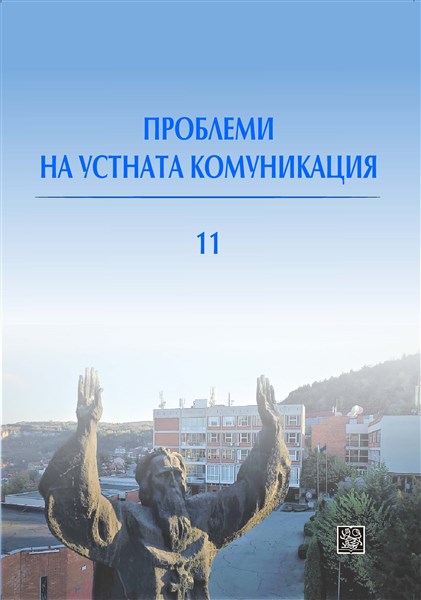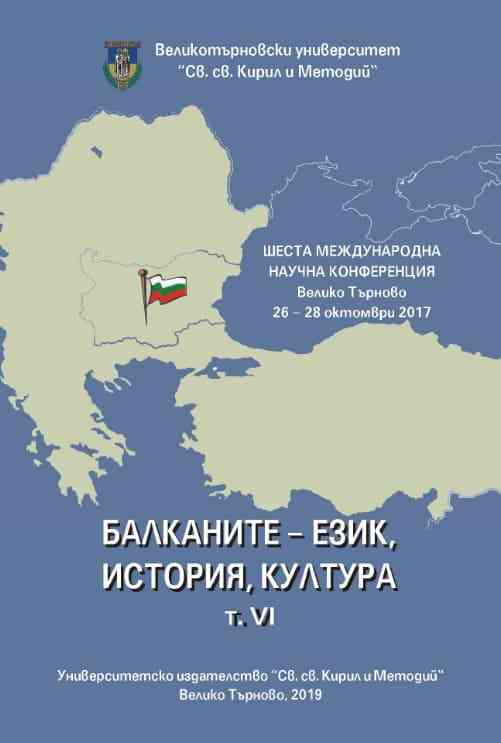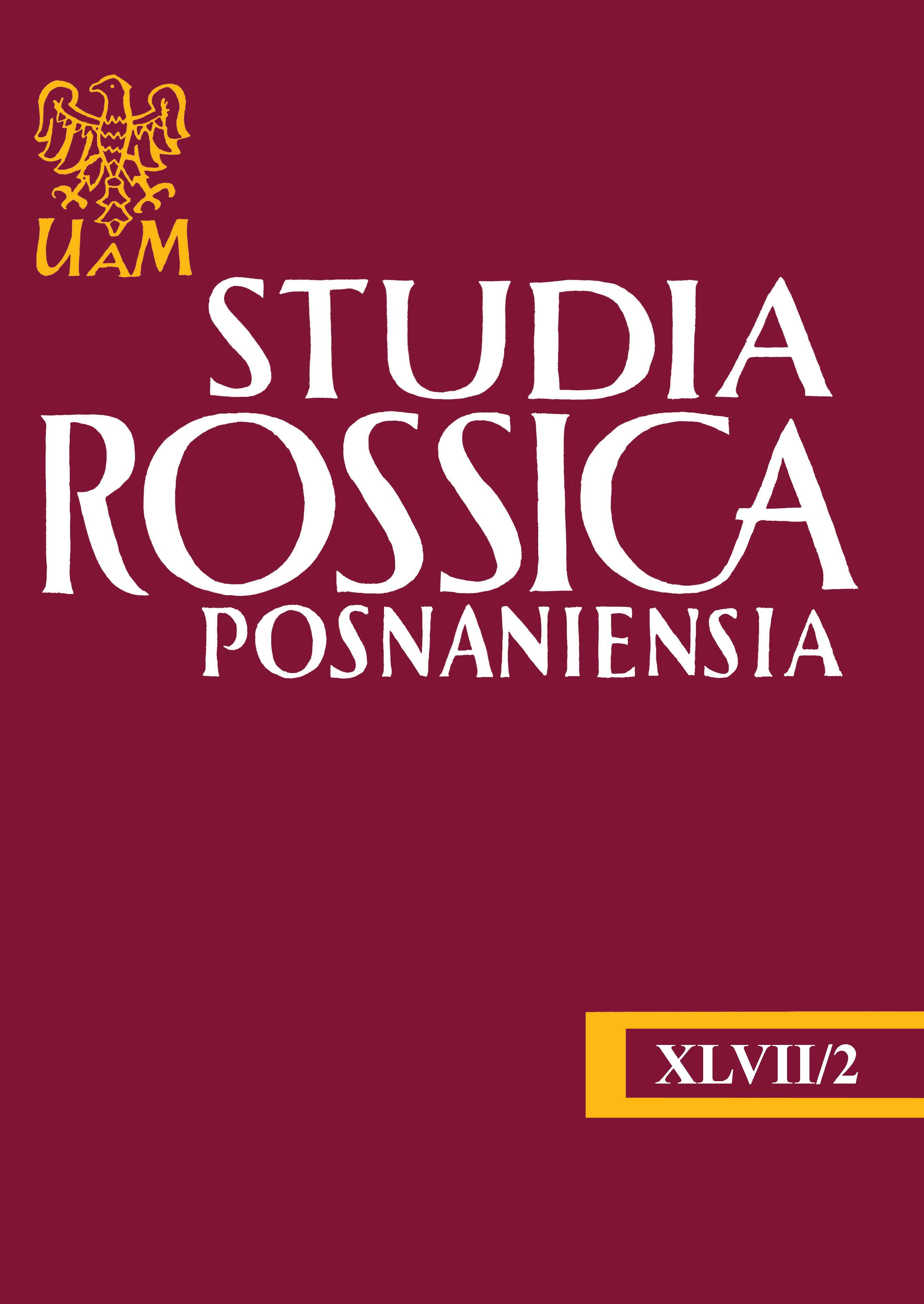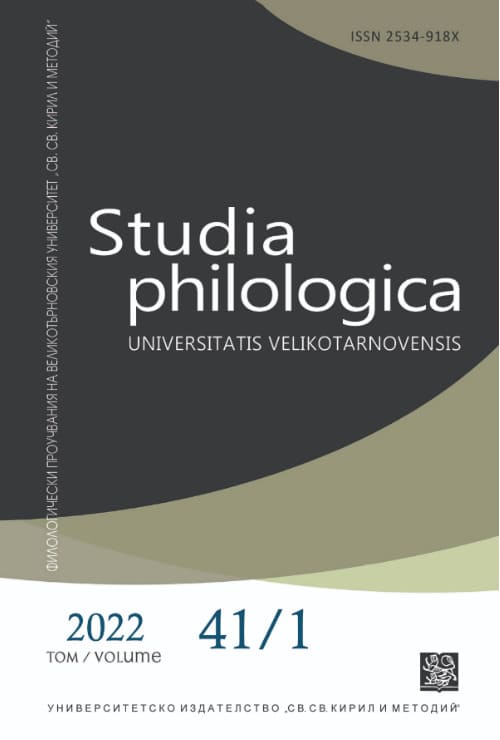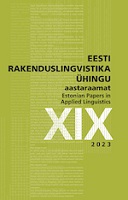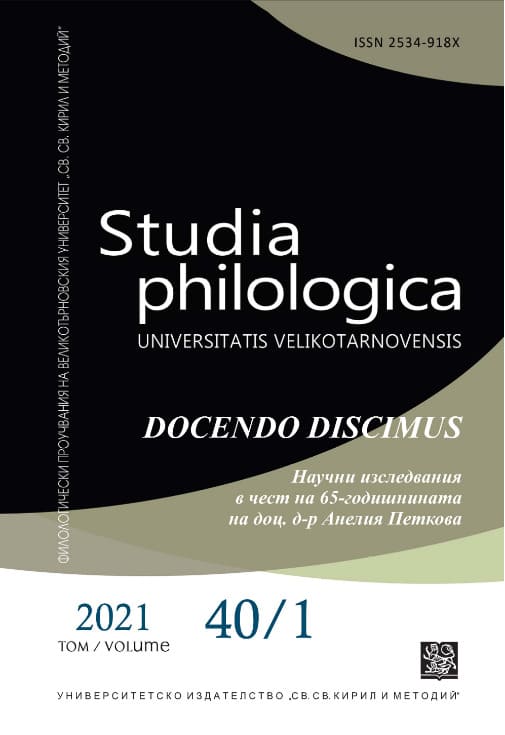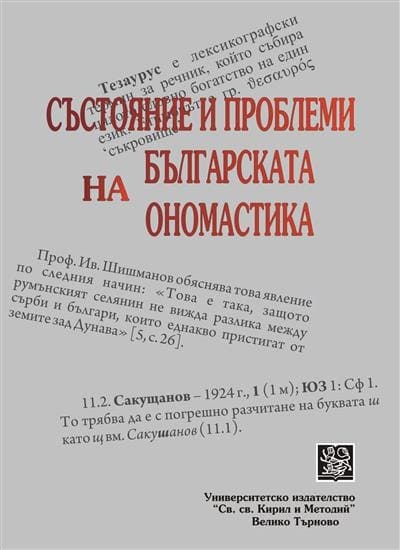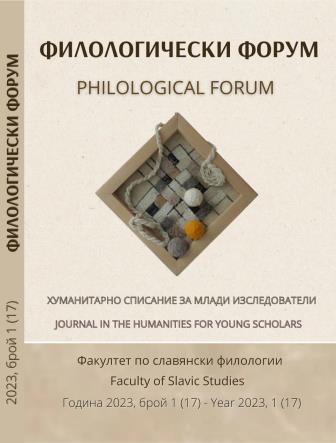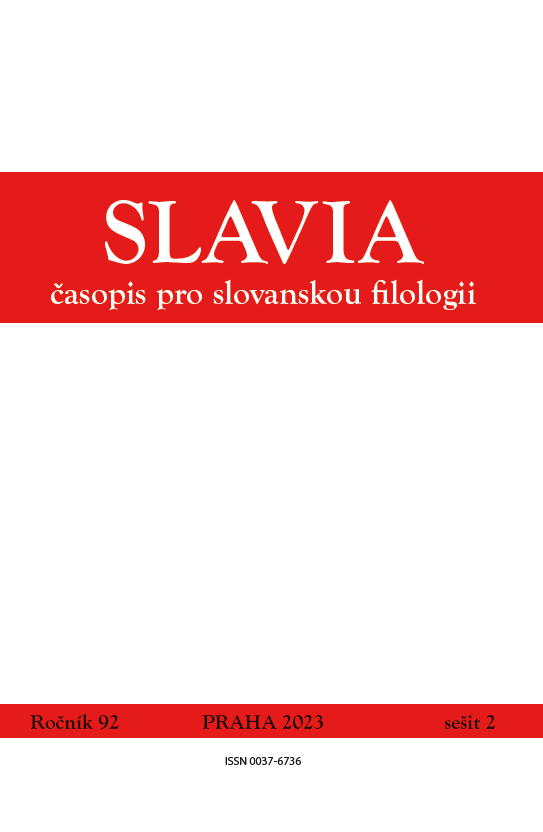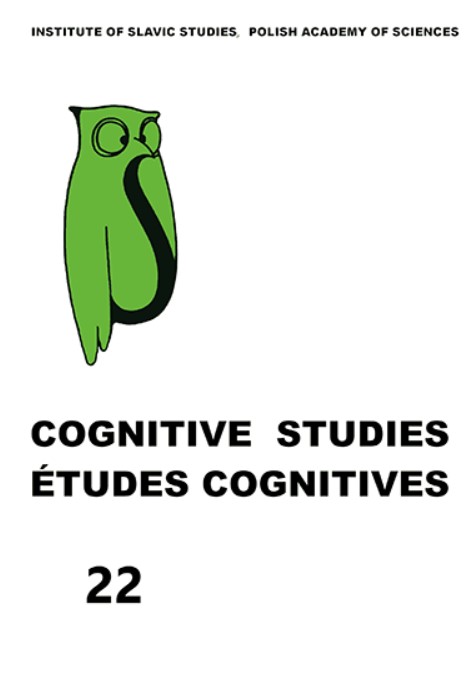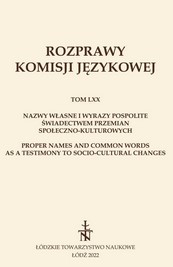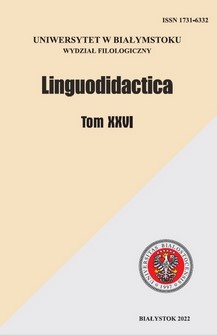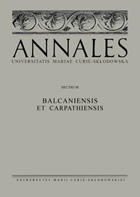Author(s): OLEKSANDR MEZHOV,Natalia Kostusiak,Maryna Navalna / Language(s): English
Issue: 22/2022
The article presents a comprehensive multifaceted analysis of directive speech acts (based on modern media texts from the popular Ukrainian newspaper Day) taking into account the following approaches: 1) cognitive-semantic, with the projection of directive statements on extralingual reality, the study of their propositional-syntactic structure, and semantic relations between components; 2) formal-grammatical, which involves the identification of morphological and syntactic means of expression of motivation and the specifics of the positional structure of sentences; 3) communicative-syntactic, which allows for the characterization of directive statements in terms of their intonation and actual articulation; 4) communicative-pragmatic and discursive, which focuses on the specifics of certain types of directive speech acts in specific discourses, their perlocutionary effect, pragmatic intentions of the speakers, their communicative strategies and tactics, the interaction of the addresser and the recipient and more. Directive speech acts with infinitives, verbs of imperative, conditional and optative moods, present, past and future tenses, which are based on performative constructions, are distinguished from the formal-grammatical point of view. They all have the same propositional meaning, which at the semantic-syntactic level of the sentence is implemented in the following obligatory syntaxemes: the subject (speaker), the predicate of volitional action, the recipient of volitional action or the potential subject of action, and the predicate of potential action. In specific communicative acts, the syntaxeme of the subject of volitional action is correlated with the recipient of speech, i.e., the speaker expressing the communicative intention of motivation, and the complex syntax of the recipient of volitional action-subject of potential action – with the recipient of speech, i.e., the interlocutor from whom the speaker expects on his volition.
More...
